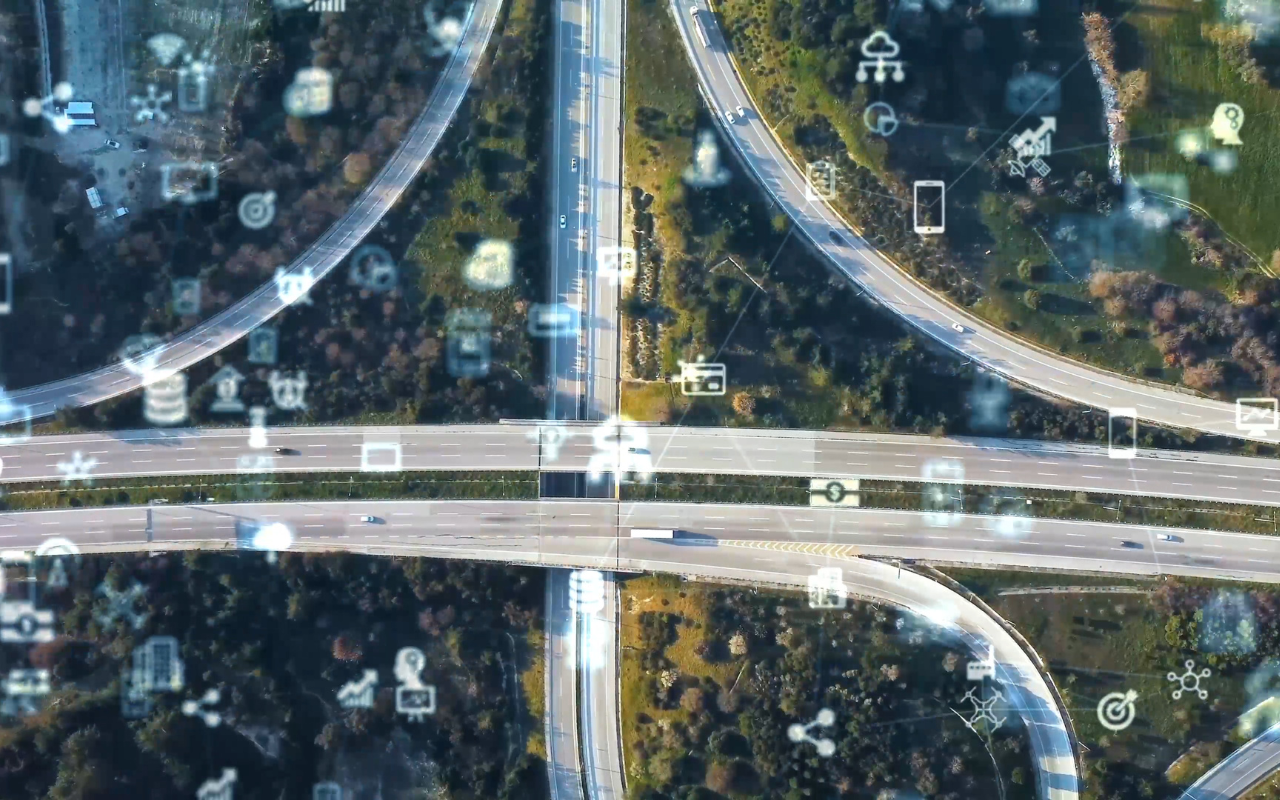Top Trends in Traffic Management Systems: Impact on Enclosure Design
Traffic management systems are evolving rapidly to meet the demands of growing urban populations, advancing technology, and increasing focus on sustainability. As these systems become more sophisticated, the design and functionality of enclosures that house critical components must also adapt. Here are the top trends in traffic management systems and their impact on enclosure design.
1. Integration of Smart Technologies
Trend: Smart technologies, including IoT sensors, AI, and real-time data analytics, are becoming integral to modern traffic management systems. These technologies enhance traffic flow, reduce congestion, and improve safety by providing real-time information and predictive insights.
Impact on Enclosure Design: Enclosures must accommodate the additional hardware required for these smart technologies. This includes providing adequate space for sensors, processors, and communication modules. Enhanced thermal management and cooling solutions are also necessary to prevent overheating of high-performance components.
2. Increased Focus on Sustainability
Trend: There is a growing emphasis on sustainable and energy-efficient traffic management solutions. This includes the use of renewable energy sources, energy-efficient components, and designs that minimize environmental impact.
Impact on Enclosure Design: Enclosures need to support energy-efficient operations with features such as low-power components and efficient thermal management. Additionally, the use of eco-friendly materials and designs that facilitate easy maintenance and recycling are becoming more important.
3. Enhanced Security and Resilience
Trend: As traffic management systems become more connected and reliant on digital infrastructure, the need for robust security measures and resilience against physical and cyber threats increases.
Impact on Enclosure Design: Enclosures must incorporate advanced security features, such as tamper-proof locks, intrusion detection systems, and robust physical barriers to protect against vandalism and unauthorized access. Additionally, designs should include EMI shielding to protect sensitive electronics from interference and cyber threats.
4. Adaptability to Urban Environments
Trend: Traffic management systems are increasingly deployed in diverse urban environments, from densely populated city centers to suburban areas. This requires enclosures that can adapt to varying conditions and constraints.
Impact on Enclosure Design: Enclosures need to be versatile and customizable to fit different installation sites. Compact, modular designs that can be easily integrated into existing infrastructure are crucial. Weatherproofing and rugged construction are also essential to withstand urban environmental challenges such as extreme weather, pollution, and vibration.
5. Emphasis on Real-time Communication
Trend: Real-time communication between traffic management components and central control systems is vital for effective traffic management. This requires reliable and high-speed data transmission capabilities.
Impact on Enclosure Design: Enclosures must support advanced communication infrastructure, including high-speed data ports, fiber optic connections, and wireless communication modules. Adequate shielding and grounding are necessary to prevent interference and ensure reliable data transmission.
The evolving trends in traffic management systems are driving significant changes in enclosure design. From integrating smart technologies and enhancing sustainability to improving security and adaptability, enclosures must evolve to meet these new demands. By staying ahead of these trends, Delavari Distributors ensures that our enclosures provide the necessary protection, functionality, and reliability for modern traffic management systems.
Explore our range of advanced enclosures designed for traffic management systems, and contact us today to learn how we can support your specific needs.






































